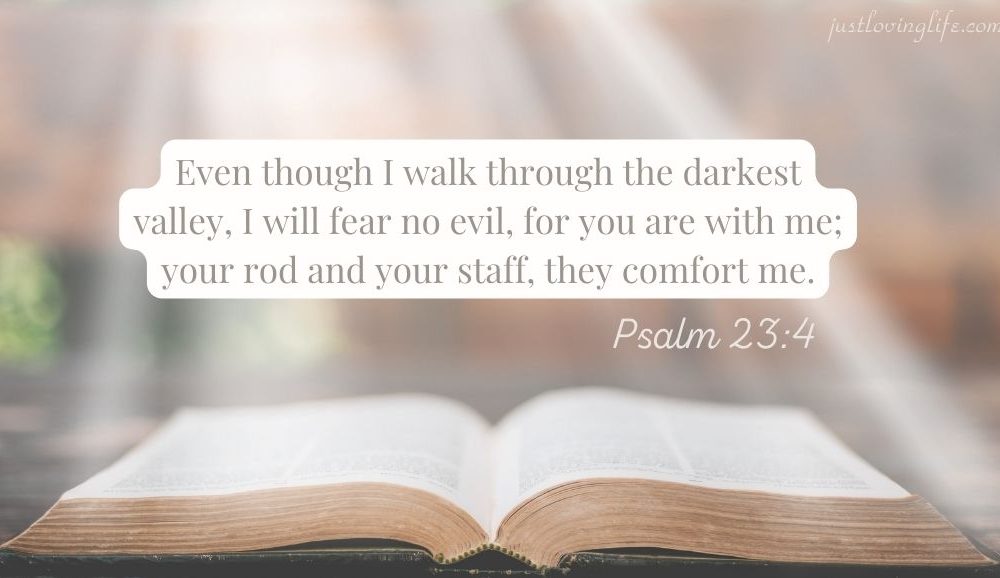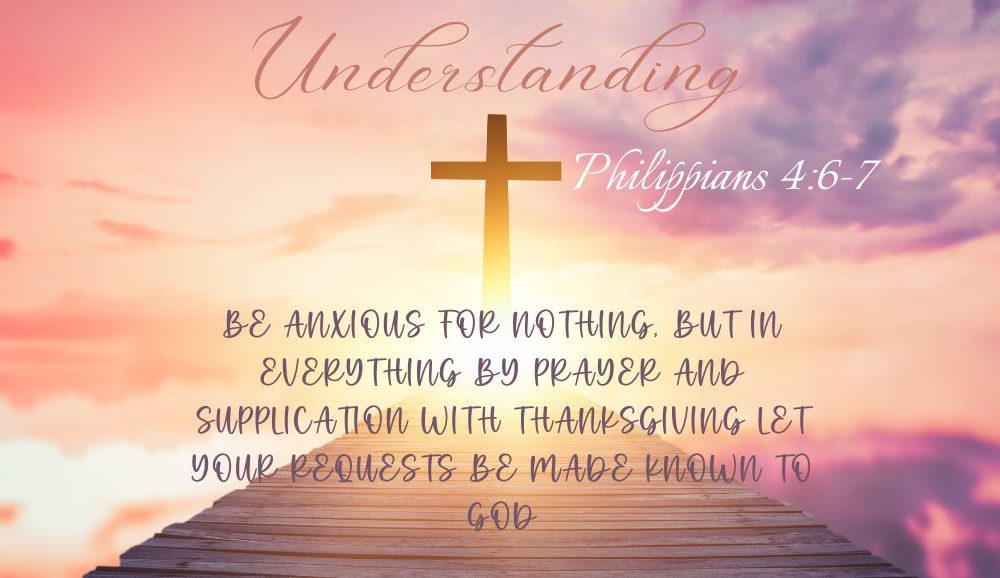Philippians 4:13 is one of the most well-known and often-quoted verses in the Bible.
The Verse reads:
“I can do all things through Christ who strengthens me.”
This verse is a powerful statement of faith, hope, and determination. It has been used to encourage people in many different situations, from athletes facing difficult challenges to Christians struggling with adversity.
To fully understand the meaning of Philippians 4:13, it is important to consider its context within the broader letter of Paul to the Philippians. Paul was writing to the church in Philippi, which was one of his favorite congregations. He had a deep affection for the Philippians and considered them his partners in ministry.
In chapter 4 of his letter, Paul is addressing the issue of contentment. He encourages the Philippians to be content in all circumstances, whether they are facing plenty or hunger, abundance or need. He says that he has learned to be content in all situations, and that he can do all things through Christ who gives him strength.
The phrase “I can do all things” is often interpreted as a declaration of unlimited power or success. However, this interpretation misses the context of the verse. Paul is not saying that he can accomplish anything he wants through his own strength or willpower. Rather, he is saying that he can endure any situation that comes his way through the power of Christ.
The phrase “through Christ who strengthens me” is key to understanding the verse. Paul is acknowledging that he cannot do everything on his own. He needs the strength and power of Christ to help him through difficult times. He is not claiming to have some kind of superhuman ability or invincibility, but rather a deep faith in the power of Christ.
This verse is a source of encouragement and hope for Christians facing difficult situations. It reminds us that we are not alone in our struggles, and that we can draw strength from our faith in Christ. We may not be able to do everything on our own, but we can do all things through Christ who strengthens us.
In conclusion
The message of Philippians 4:13 is not just about personal strength and perseverance. It is a powerful statement of faith, hope, and determination. It is also about the power of community and the importance of supporting one another in times of need.
Philippians 4:13 reminds us that we can endure any situation through the strength of Christ. It encourages us to be content in all circumstances and to support one another as members of the body of Christ. As we face the challenges of life, may we draw strength from this verse and trust in the power of Christ to help us through.





